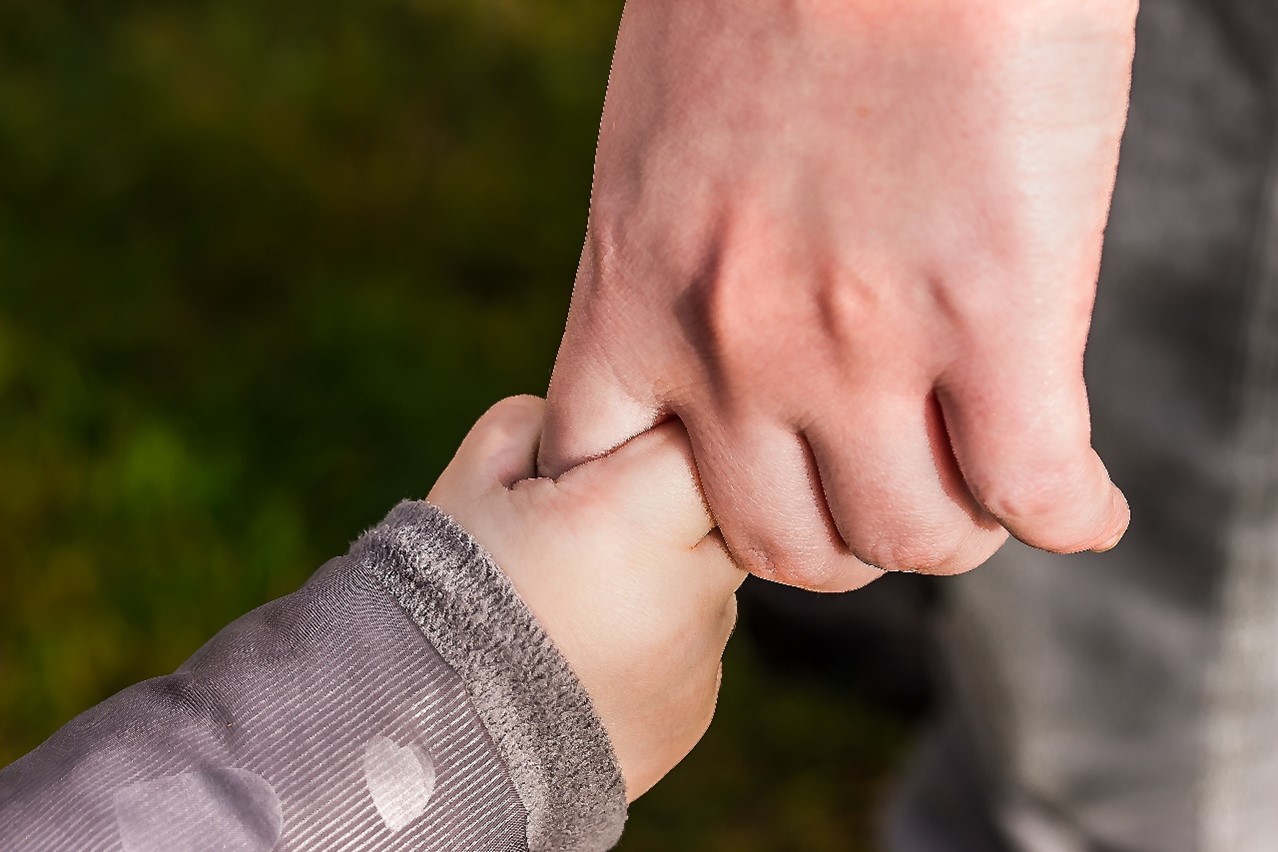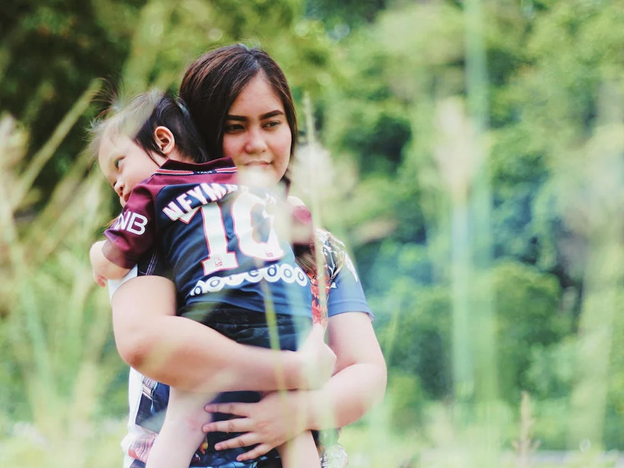Attention deficit hyperactivity disorder (ADHD) is a neurobiological condition affecting 5% of children worldwide. Studies showed multiple factors why a child acquires this condition, including:
- Lower activity in the part of the brain that controls attention and activity
- Heredity
- Disruptive head injuries of the child
- Premature birth
- Parent’s prenatal exposures to alcohol or nicotine from smoking
- Exposure to environmental toxins (although rarely influential)
Since ADHD symptoms can be difficult to distinguish from typical childhood behavior, observing a child in different settings can provide important information on a possible diagnosis. If you have an ADHD-diagnosed child, parenthood for these kids can be challenging, especially if you don’t know how to deal with the condition’s manifestations.
On the other hand, learning how to manage your kid’s condition can help them cope with their symptoms, improve their quality of life, boost your relationship with your child, reduce the stress associated with taking care of your child, support the child’s development, and ultimately, helping the child reach their full potential.
3 Common Mistakes in Managing Children with ADHD
Unfortunately, not all parents know how to deal with having a child diagnosed with ADHD or manifesting ADHD symptoms, which can lead to mismanagement and worsened cases. Here are the three common mistakes you might commit in managing children with ADHD and how you can avoid them.
1. Making a big deal of the small stuff
Taking care of a child with ADHD is understandably difficult and stressful. You can quickly become overly focused on the small, everyday challenges that the child may face. However, sweating over the small stuff can harm you and your child, leading to increased stress and frustration for everyone involved.
One way to begin addressing this is to set realistic expectations for yourself and your child, especially since they may have difficulty handling certain tasks and behaviors. Instead of expecting perfection, focus on minor improvements and progress over time.
Prioritize the big picture. Instead of fixating on minor issues, such as your child’s messy room or forgotten homework, remember that these little challenges are not as significant as the child’s overall well-being and development. Additionally, tasks might not be as simple as you think from your child’s perspective.

Photo by Pixabay on Pexels
Seek support, if necessary, from other parents who have the same situation as yours, healthcare professionals, or support groups. These support groups can provide a valuable outlet for discussing concerns and finding strategies for dealing with the child’s behavior.
Finally, learn to take care of yourself as you may experience high-stress levels. Make sure you’re getting enough sleep, eating well, and taking time to relax and recharge. When you learn to accept the small mistakes, you can help to create a more positive and supportive environment for your child.
2. Getting overwhelmed and lashing out
The stress of taking care of your child can cause you to feel angry or frustrated. However, remember that you’re dealing with a child with a disorder they can’t help; lashing out won’t help your child.
You can identify your triggers and work to develop strategies to manage these emotions. Remember to take a break when things are getting too much. Step away from the situation for a few minutes, take a deep breath, and come back when you feel calmer.

Source: Pexels
Supplement your praise with rewards, like a small toy, a sticker, extra playtime hours, or a special outing.
Finally, be consistent with this process to effectively establish the reward system in your child’s behavior, and be a role model since children also learn by observing the actions of adults in their surroundings.
3. Falling prey to misconceptions about the disorder
You may have fallen for misconceptions about ADHD without you knowing it. It isn’t always your fault since these can often come from what and who you’re surrounded with and how your parents raised you. However, it’s still your responsibility to be aware of potential sources of misinformation and misconceptions.
Some factors influencing the prevalence of these misconceptions include the following:
- Media portrayal: Movies and TV series often present the condition as a behavioral problem or a lack of discipline rather than a neurodevelopmental disorder,
- Social stigma: The people around you might be perpetuating misconceptions associated with ADHD, which may lead you to feel ashamed or embarrassed about your child’s diagnosis–which you shouldn’t.
- Lack of accurate resources and support: The internet is a goldmine for both accurate and inaccurate information. While it’s important to research your child’s disorder on your own, it also helps to seek the advice of licensed medical professionals.
One of the most common and harmful misconceptions is tagging a child’s lack of concertation as being lazy or unmotivated when these are ADHD symptoms. Other misconceptions are that treatment eventually cures the condition and the ultimate goal is to get the child off their medication as soon as possible or that it’s a phase that children will eventually outgrow.

Photo by Andy Kuzma on Pexels
What You Need to Know About ADHD
In reality, ADHD is a lifelong condition, and treatments allow people diagnosed with it to manage their behaviors. Fortunately, there are medications and other treatments to manage ADHD manifestations in your child; studies show an 80% chance that your child will respond well to the medications.
Some people also falsely believe that if a child can focus on video games, they won’t develop or don’t have ADHD. The truth behind this misconception is that children struggle to concentrate on tasks that require a long duration of focus, such as doing assignments. Video games, on the other hand, are stimulating, so a child can still focus on playing while still having ADHD.
Finally, ADHD is not a result of poor parenting, as others think. As mentioned, it is a neurobiological condition acquired from a variety of factors, and most of these factors occur before a child is born.
Here are ways to unlearn these misconceptions and approach the condition better:
- Understand that ADHD is a real disorder that needs medical help through diagnosis, treatment, and support.
- Learn that ADHD affects more than just attention. It also causes impulsivity, hyperactivity, and organization issues. Once you know this, you can better understand your child’s behavior and provide appropriate support.
- Understand that your child can carry their disorder to adulthood, so they may need immediate and effective intervention.
- Know there isn’t an all-encompassing treatment for ADHD; figuring out the best treatments for your child is often a long process.
Keep Learning Better Ways to Care for Your Children
Handling ADHD in children is a tough job to do. While it is a lifelong condition, it’s not a lifelong sentence. Knowing and employing interventions can improve your kid’s quality of life amidst their condition. It can make the whole process worth it.
Educate yourself on how well you can approach the situation to improve your life. There’s an entire exciting world out there for you and them to enjoy. Don’t let your child’s condition stop them from living their lives to the fullest.



 (5 votes, average: 3.40 out of 5)
(5 votes, average: 3.40 out of 5)








